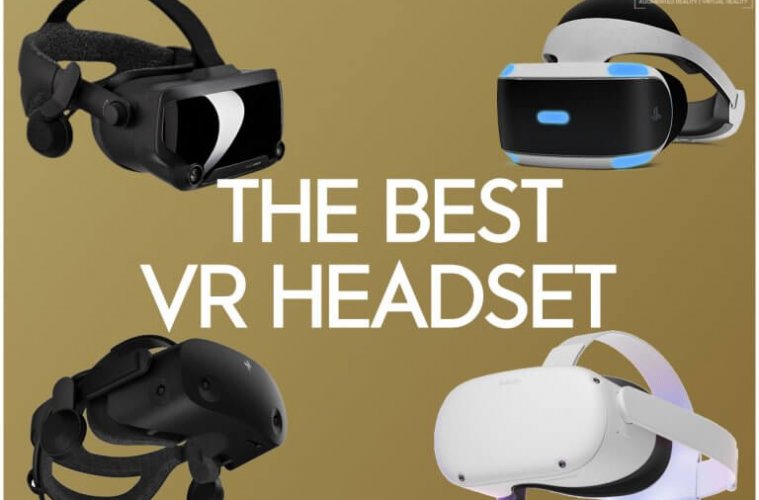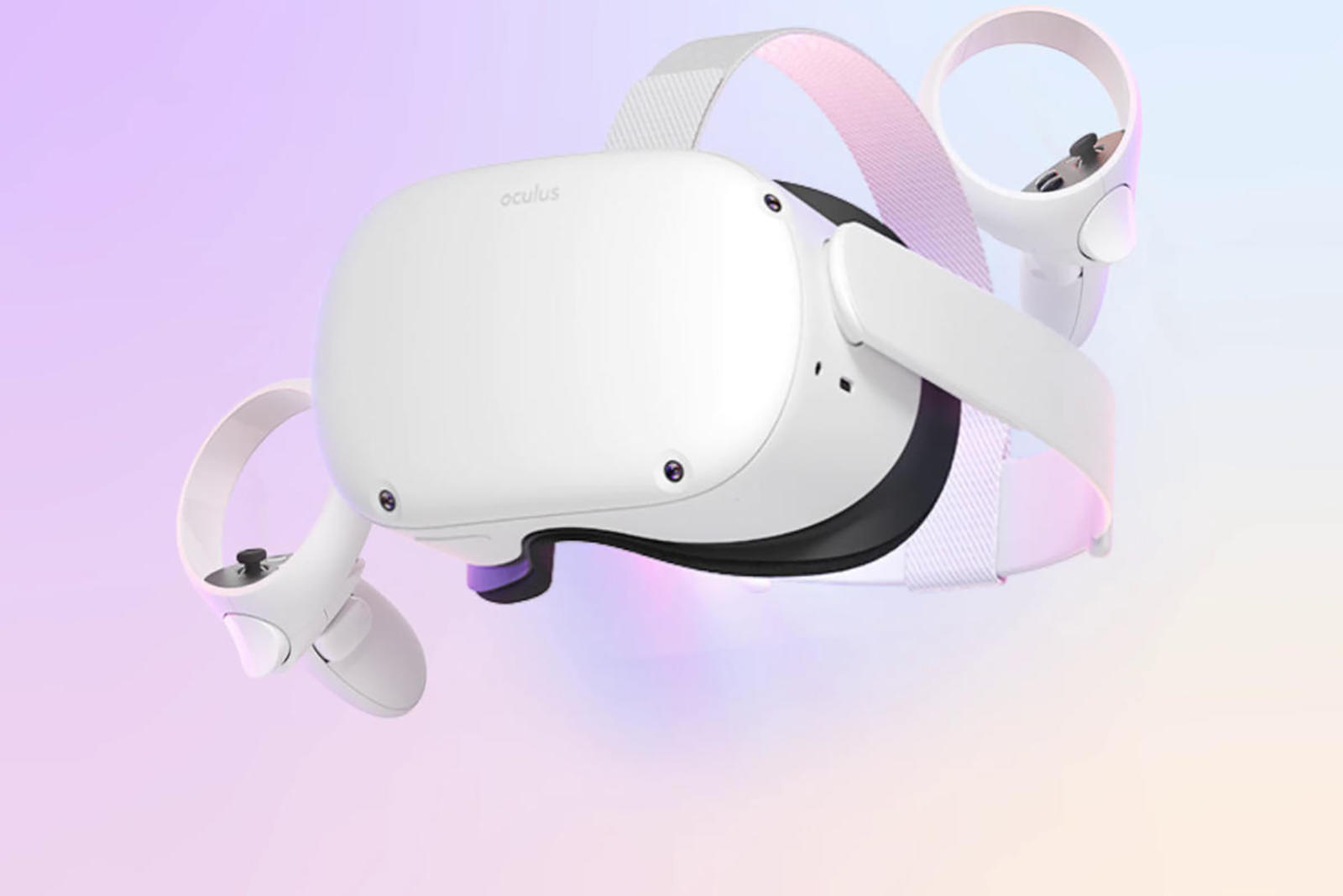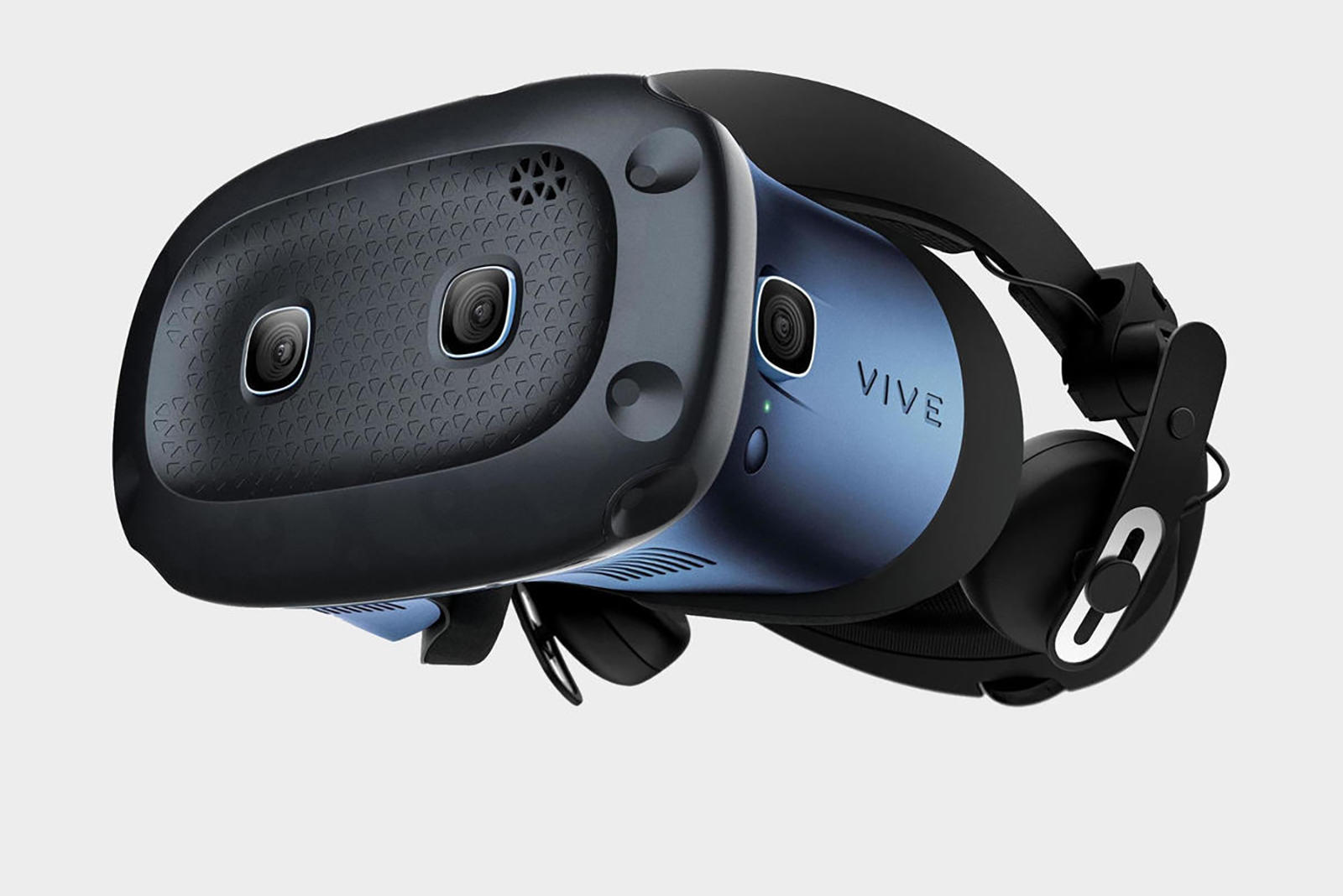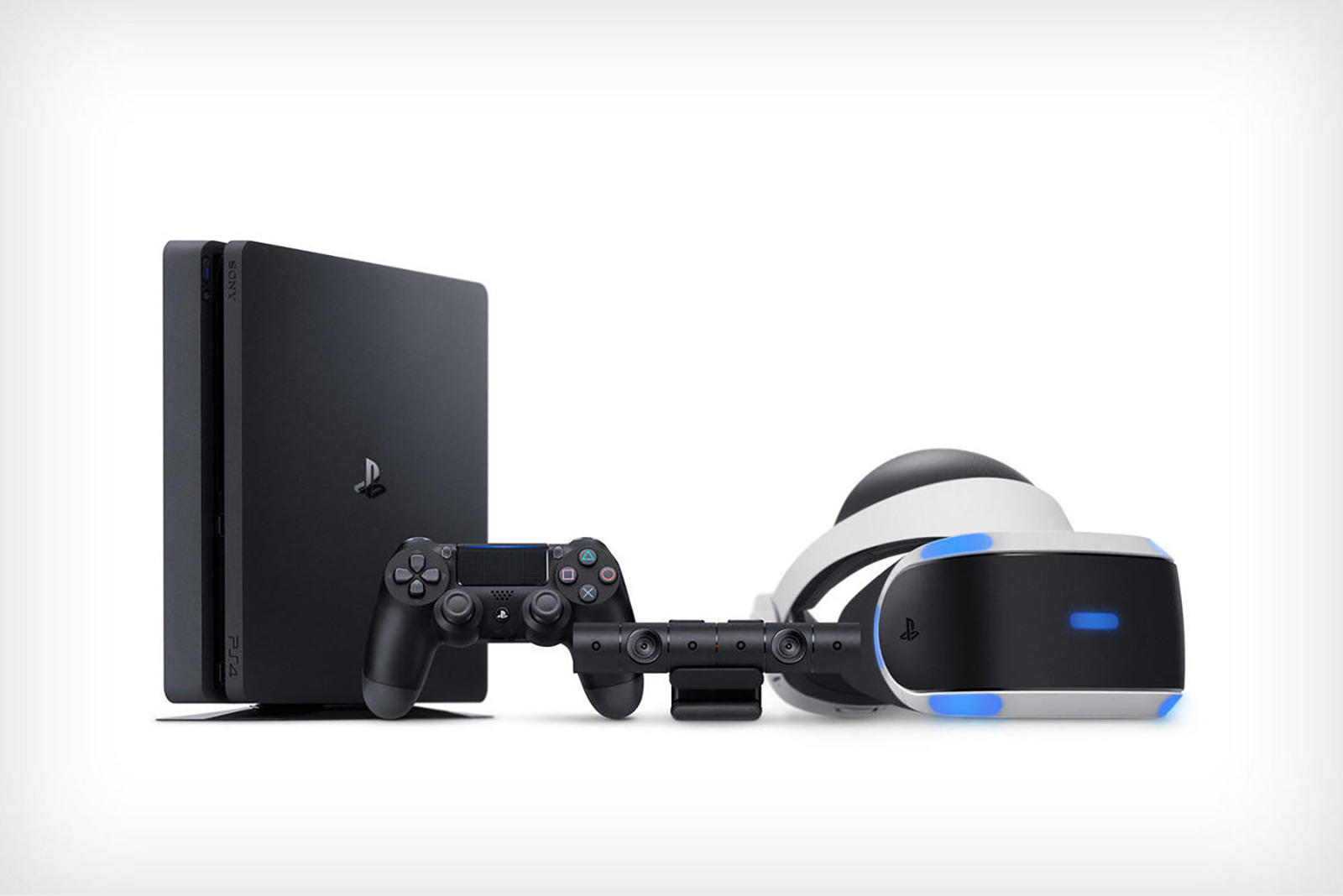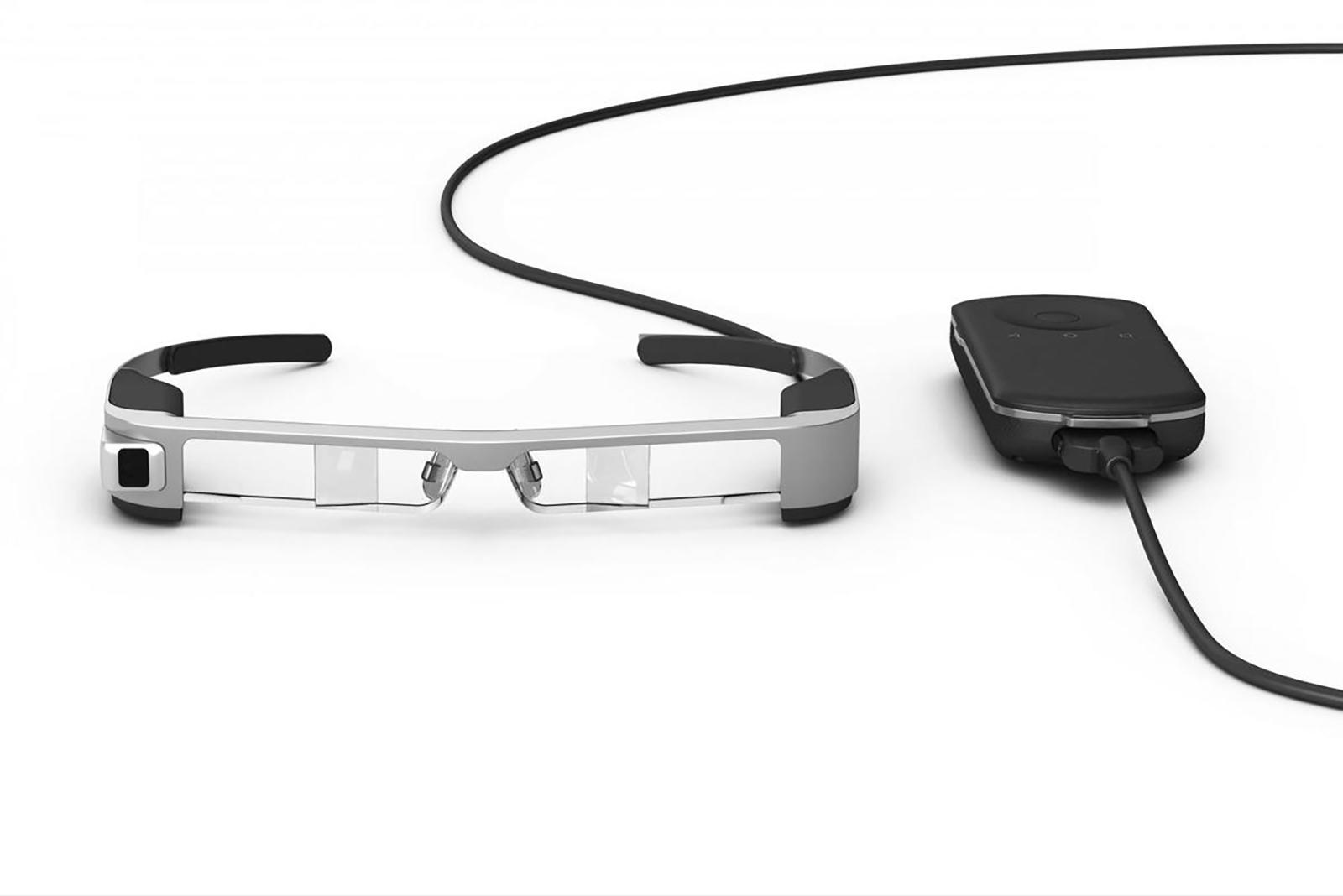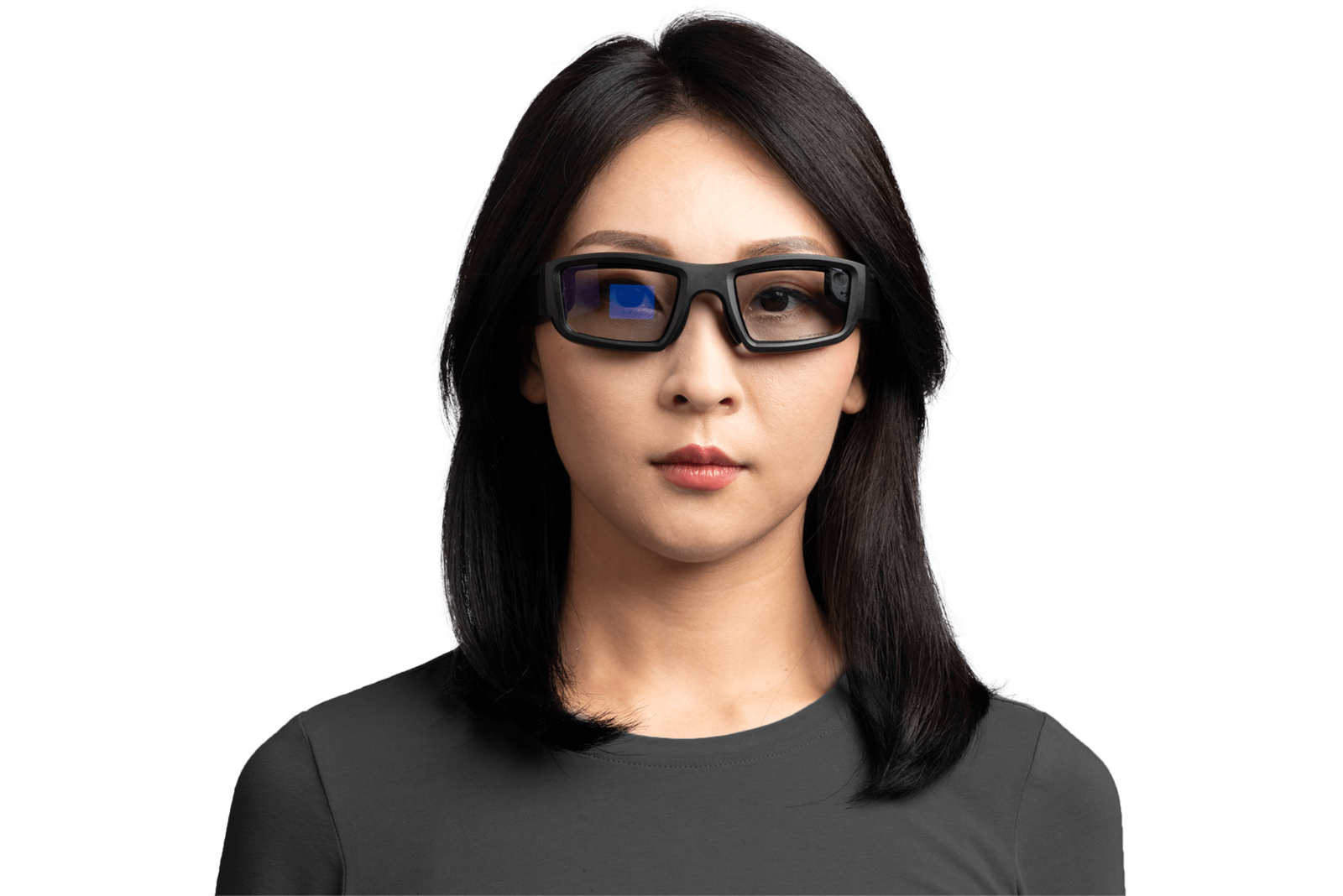Always on the doorstep of adoption, never quite there.
That’s pretty much described the consumer virtual reality and augmented reality landscape over the last half-decade. But consumer mixed reality is now officially worth a look thanks to increasing competition and new headsets from a variety of legacy and first-time players. As the business case for AR/VR technologies outpaces consumer adoption, pressure from the enterprise, which widely employs consumer mixed reality hardware, has helped move the technology in the right direction across the board.
While there are purpose-built machines for the enterprise, the lines are increasingly blurred between consumer and commercial mixed reality. To compile this list, we took a broad survey of available devices and spoke to independent industry experts not affiliated with the brands listed. Nothing beats the hands-on trial, and we also had fun putting these through headsets through their paces.
What follows are our picks for the best VR and AR headsets available.
From the company that pioneered wireless VR, Oculus Quest 2 is an evolution of the popular Quest headset. With Quest 2, Oculus makes a multi-generational leap in processing power with the Qualcomm Snapdragon XR2 Platform offering higher AI capability and 6GB of RAM. The new display features 1832 x 1920 pixels per eye — the company’s highest resolution display yet. With 50% more pixels than the original Quest, everything from multiplayer games and productivity apps to 360-degree videos look better than ever.
There are rumors of a Quest 3 in the works, but that unit likely won’t arrive before 2022, and we’re not in any big rush for a newer version of this incredible platform. With excellent hand tracking via very comfortable controls, the Quest 2 is easy to set up and use. Users draw their own perimeter area, like a private arena for excellent gameplay. And games are the Quest’s specialty. Oculus has a great app store, and 50% more pixels than the previous version, the Quest 2 renders phenomenal virtual worlds for exquisite gameplay. You’ll want the 256GB version, which retails for $399.
If you want to level up your experience to 2880 x 1700 combined Pixel resolution, and if you want full-room playability with best-in-class room tracking, the Vive Cosmos is worth a look. It’s an upgrade to the original Cosmos, and because the system is designed with interoperability in mind, you can create your own VR gaming experience with other HTC components.
All of that, of course, comes at a price, although that price has come down a fair bit in the last year and you can currently nab a unit for about $850. You’ll get best-in-class tracking (a complaint with the entry-level version) and a VR unit that’s primed to make the most of PC-based gaming. We also noticed the sound quality of this unit is a step above the competition, which helps create a truly immersive playing experience.
So much of VR is geared toward gamers, it makes sense that the experience should integrate into your favorite gaming console. At the risk of starting a war, PS4 and PS5 currently reign supreme in the console-based gaming world, and if you have either unit and think a VR spin on gaming could be cool, this one is for you.
Even though it’s now a few years old, Sony’s VR headset capably upgrades the PlayStation experience with capable VR gaming and a great cinema experience. It’s also a cheap option these days, with units available from retailers like Amazon for less than $250.
Not in the mood to play games? Great, let’s get down to business (especially if your business is design). These AR glasses are created with design in mind, and they’re exceptionally well-suited to designing AR apps, immersing the user in an augmented landscape full of objects rendered at phenomenal 1280×720 fidelity.
These highly transparent glasses have a remarkably sharp Si-OLED display that can produce a screen size equivalent of 320 degrees at 20m. Superior transparency, plus a high-resolution camera, ensures seamless integration of digital content with the outside world. The BT-300 features a binocular display, making it ideal for side-by-side 3D content for work or play. This is a developer tool, and it’s priced as such, coming in at just under $700 retail.
Designed for the enterprise, the Vuzix Blade headset is top of the line and intended for remote access to multimedia content on the job site, whether that’s distributed field techs or workers on the line. With greater connectivity and the ability to project instructional content, schematics, and live help, workers using the Vuzix are empowered to finish the job on a single service call and do it right the first time, a massive time and money saver.
The headset also has great promise for collaboration in more traditional work environments and in fact were designed with remote collaboration in mind—a hallmark of the new era of work, education, and play. They feature an autofocus HD camera, integrated stereo speakers in the temples, and noise-canceling mics. They render objects in the field of view in full color, and they can be used as FPV glasses for drone users, both commercial and consumer. It’s a durable piece of kit for the connected worker.
How to choose
The biggest consideration is the use-case. Will you be using a headset for gaming only for interactive uses like design or FPV? Do you already own a powerful PC and need a headset that interfaces seamlessly?
The gulf between commercial and consumer mixed reality has always been small, with plenty of enterprises utilizing Oculus headsets and savvy consumers looking into enterprise headsets for powerful collaboration potential. The reality is it’s still very much the Wild West for a technology class that’s been puffed up by years of hype but is still searching for a knockout case for adoption. The use cases for mixed reality remain niche: Gamers game, designers design, and athletes track their activity. Within each pool of utilizations, there are a small number of serviceable, if quirky headsets, meaning budget tends to be the deciding factor after use case. One thing we’ve noticed is that the technology hasn’t advanced as much in the past few years as it might have, so don’t shy away from older tech, which is cheaper and represents a great value in what’s still the first blush of our mixed reality future.
Other options to consider
Most of the headsets on this list cater to VR and target gamers. But what about the growing world of action-sports AR headsets, a newer category of wearable designed to help athletes and weekend warriors stay fit, push their limits, and track their progress.
Cycling is a prime example, and if you’re a cyclist we highly recommend checking out the Raptor, a combination of a cycling computer and an AR system. The display projects an unobtrusive AR layer of information out in front of the cyclist’s eyes, displaying information on performance, body posture, and accomplishments in a way that enables eyes to stay on the road. It’s the perfect tool for the serious or advanced hobbyist cycler with a tech bent, the gadget-based antidote to Peloton.
